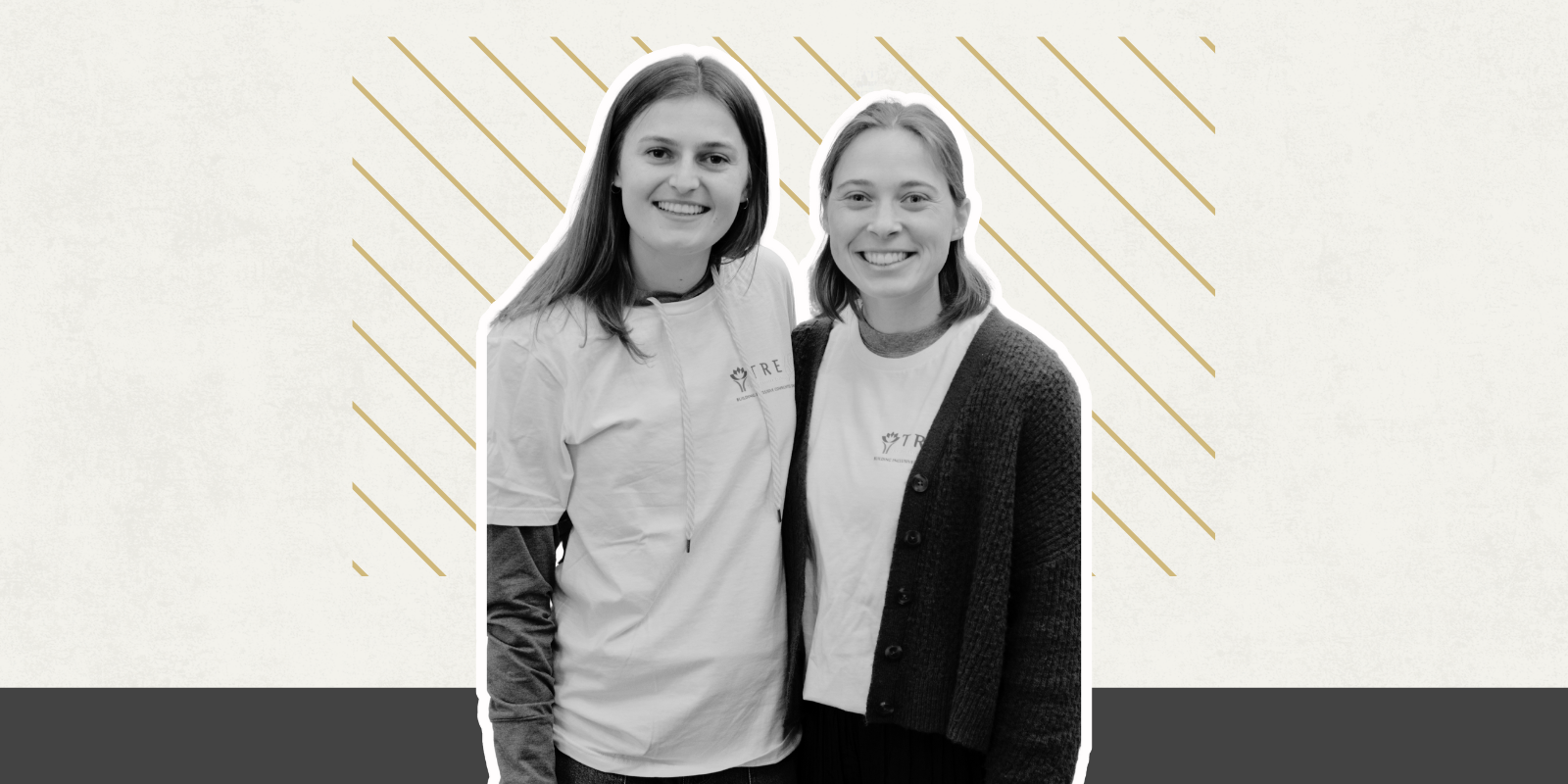As a scientist and medical researcher, Emily Bates, PhD, was relieved and grateful to be able to take a COVID-19 vaccine. But when she began talking to others who didn’t work in medicine, she was surprised to find skepticism and resistance to the vaccines that can end the pandemic.
“I heard hesitation and concern across political boundaries, in so many different groups,” says Bates, an associate professor of pediatrics in the University of Colorado School of Medicine. “In our science community, everyone’s anxious to get the vaccine as soon as possible, but as soon as you go outside of that group, there are a lot of people who have a lot of concerns, and after listening to them, I think it’s pretty normal to have questions.”
Helping in education efforts
Bates began talking to people to find out what those concerns were. Some had heard rumors the vaccine makes you sterile; others thought the vaccine could change your DNA. Many were concerned about the speed with which the vaccine was developed and wondered if it was really safe.
Moved to help educate others about the vaccine, Bates hosted a Facebook Live session for her friends in which she explained how viruses work, how the immune system works, and how the vaccine helps the immune system fight coronavirus. She also worked to dispel some of the rumors and skepticism around the vaccine. She met via Zoom with employees at her daughter’s school and her son’s daycare to share the information as well. The feedback she got was so positive — and so many people asked if they could share the sessions with their friends and family — that she decided to make a series of vaccine videos to spread her message even further.
“There’s a ton of misinformation out there, but accurate information is not reaching a lot of people,” she says. “We have to meet people where they are and talk in a language that they understand. A lot of the articles that are published are not aimed at a general audience.”
Dispelling myths around fertility
Bates did research and found out, for instance, that some women got pregnant during clinical trials for each of the approved vaccines. In the videos, explaining how the vaccines do not affect fertility, she likens the invasion of a virus to the invasion of an army — and explains how the vaccine teaches the immune system to watch out for enemy invaders by learning to recognize their uniforms.
“If people understand how a vaccine works, that this is just a tiny little piece of a uniform of a virus, then they know that, ‘OK, if the coronavirus itself doesn’t affect fertility, then a tiny piece, like a button from a jacket from a coronavirus, is not going to affect your fertility,’” she says. “You have to invest in listening to people to know what their concerns are and do the work to address those concerns.”
Motivated by a return to normalcy
Bates is now at work producing additional, shorter videos that break out topics from her longer video into more bite-sized pieces. University of Colorado School of Medicine PhD students Omar Ochoa Olmos and Samantha Payne Landgrave are working with Bates on a Spanish-language version as well.
Bates admits she has a personal incentive for creating the videos and spreading their message.
“I need our kids to have a normal life again. I need my 1-year-old son to be able to see people’s faces below the nose and meet his grandparents,” she says. “My husband has an ice cream company, and he lost his income over the past year. We felt both the economic impacts and the loss of normal life. I want the pandemic to end, and the only way it can end is if most of us get vaccinated.”



